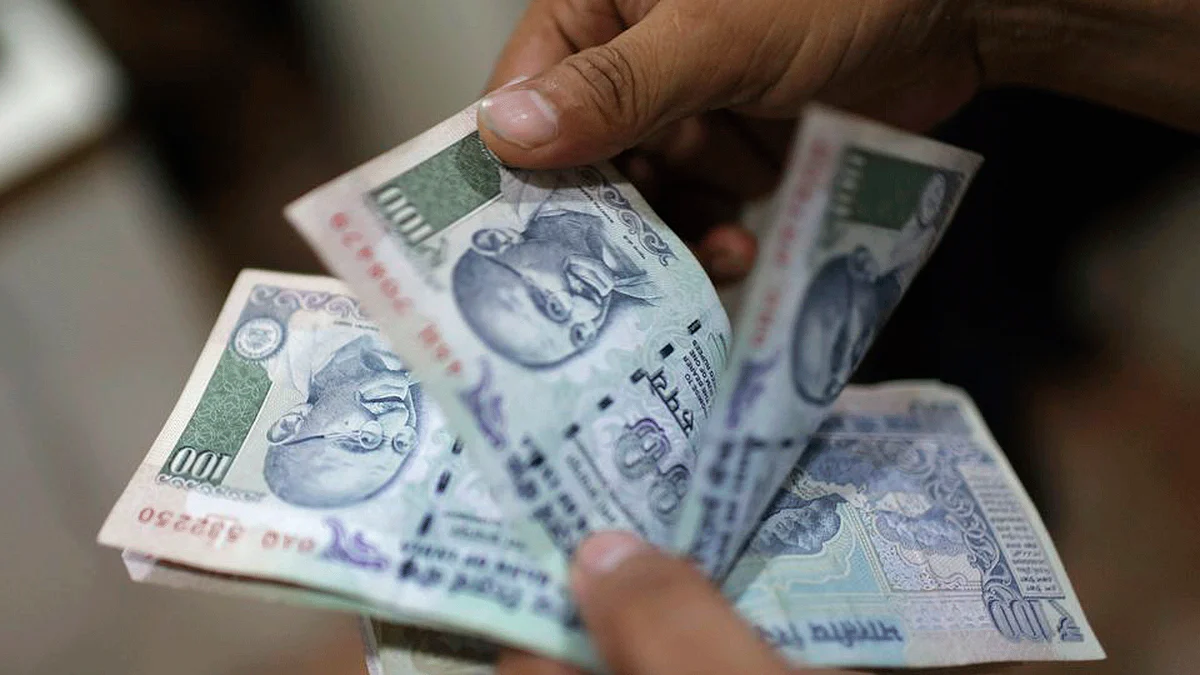Hands-Off Approach By RBI Emboldens Rupee Traders
Foreign portfolio investors have brought in a net of Rs 84,504 crore into the debt & equity markets, according NSDL.

advertisement
The Reserve Bank of India’s (RBI) hands-off approach towards the Indian rupee has prompted traders to increase bets on a further appreciation in the Indian currency.
The rupee, which has been strengthening on the back of strong inflows into the equity and debt markets, has now gained 6 percent since the start of the year.
On Friday, the Indian currency closed at a 20-month high of 64.28 against the US dollar, despite demand for safe haven assets in light of a US strike against Syria.
Portfolio flows continue to be very strong, said Bhaskar Panda, senior vice president of treasury at HDFC Bank, adding that another Rs 16,000 crore has come in over the first week of April.
So far in 2017, foreign portfolio investors (FPIs) have brought in a net of Rs 84,504 crore into the debt and equity markets, according to data available on the National Securities Depository Ltd (NSDL).
The RBI, however, has stayed on the sidelines and not come in to protect key levels as it did in the past.
The RBI has kept intervention to a minimum in both the spot and the forwards market, which Panda terms as “surprising.”
One perceived reason for the limited intervention is the surplus liquidity situation prevailing in the economy following the surge in banking sector deposits due to demonetisation.
In its monetary policy report released on 6 April, the central bank said that it had absorbed a daily average surplus liquidity of Rs 5.9 lakh crore in the January-March quarter. This situation would have worsened if the RBI had heavily bought dollars from the market, releasing more rupee liquidity into the market.
However, in its conference call with analysts post the monetary policy review, central bank officials said that intervention in the forex market is independent of conditions in the domestic money markets, according to a 6 April report by HSBC.
This could further lead to speculation that the central bank is comfortable with a stronger currency.
Technically, too, the Indian rupee seems set for strength, said Mathew Jones, head of technical research at Almus Risk Consulting.
He added that market participants think the RBI’s appetite to buy dollars is significantly lesser than a few months ago which is reflected in the number of lower closes for the dollar against the rupee since the Union Budget was announced on 1 February.
Panda of HDFC Bank agrees that technicals may support further appreciation of the currency. 63.50/$ is the next technical level to watch, said Panda while adding that fundamentals will eventually catch up.
(The article is published in an arrangement with BloomberQuint)
Join The Quint on WhatsApp. Type “JOIN” and send to 9910181818
(At The Quint, we question everything. Play an active role in shaping our journalism by becoming a member today.)